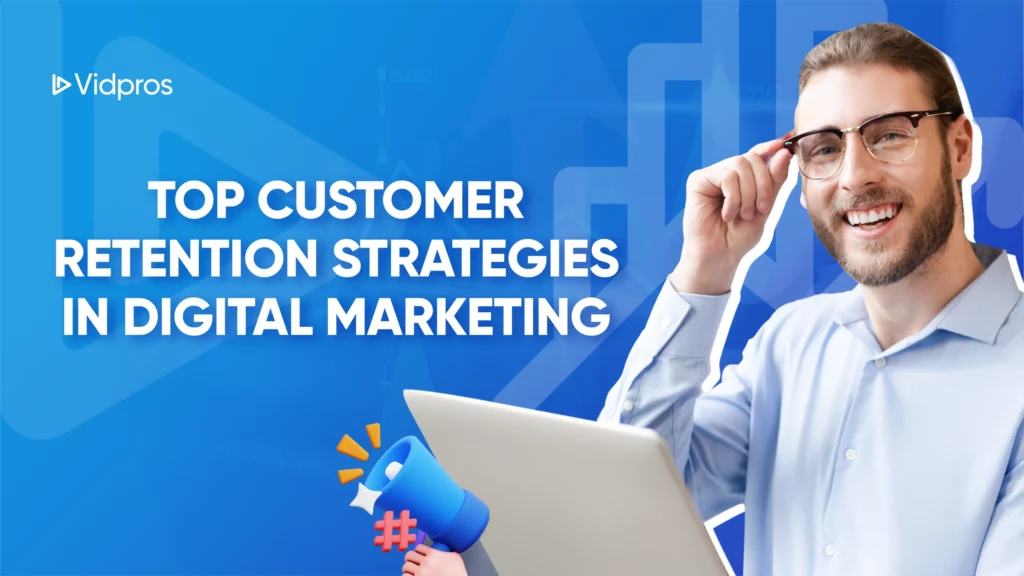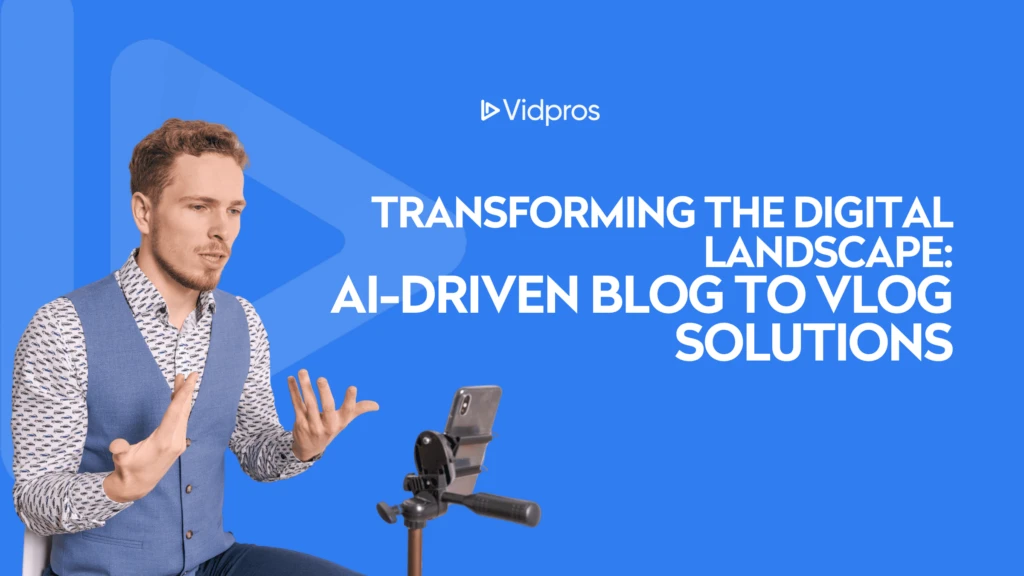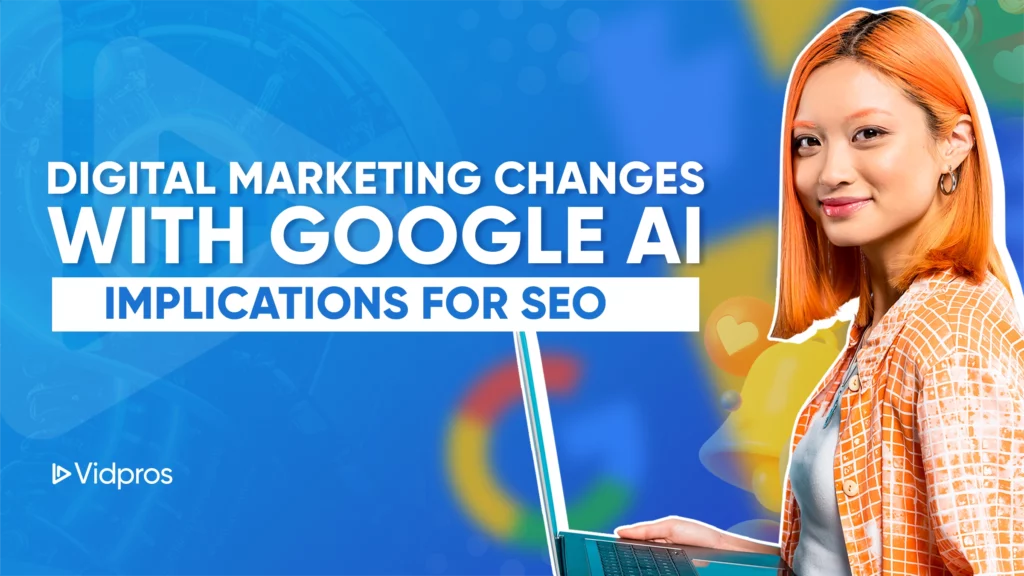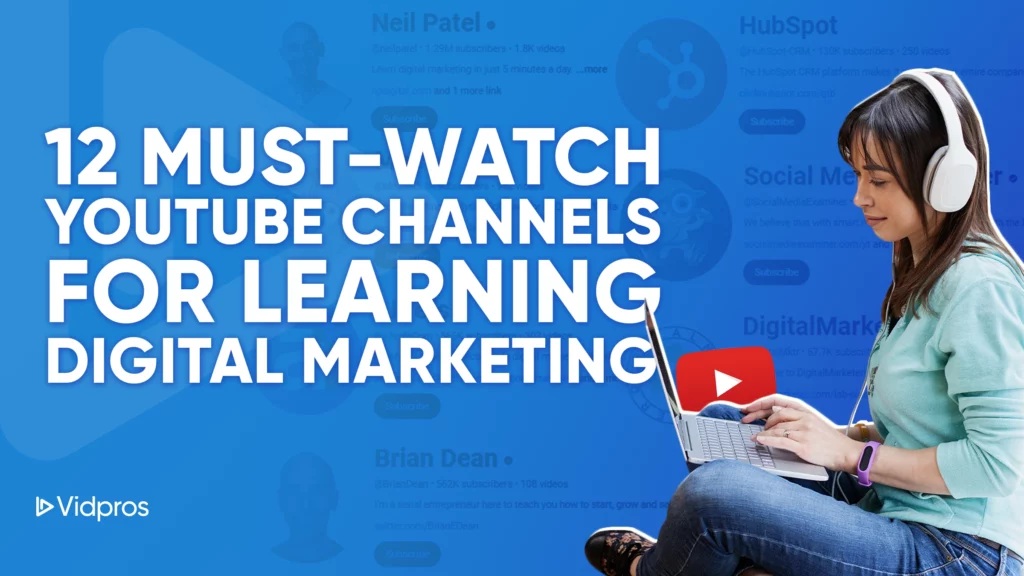AI technology has changed the digital marketing landscape and has revolutionized how businesses approach marketing strategies.
Released in 2022, ChatGPT is a free artificial intelligence (AI) chatbot developed by OpenAI. It uses natural learning processing to provide human-like responses.
ChatGPT can respond to questions and create written content such as essays, articles, and ad copy.
As AI tools become increasingly popular in the 21st century, a question arises: Will AI displace human workers?
In this article, we will dive into the pros and cons of AI in digital marketing and whether ChatGPT can replace digital marketers.
Impact of ChatGPT on Digital Marketing
AI marketing tools are essential for digital and social media marketing because they can automate marketing tasks and are valuable in customer segmentation.
ChatGPT is valuable in digital marketing because it can help increase customer engagement, drive conversion, and perform data analytics.
Like any AI tool, ChatGPT can influence digital marketing in various ways.
Here are some ways ChatGPT can impact digital marketing:
Refined Customer Engagement
ChatGPT provides real-time responses to queries. This enhances customer engagement, thereby resulting in higher customer satisfaction and loyalty, higher revenue, and better conversion rates.
Improved personalization
ChatGPT helps personalize content and campaigns to meet set goals.
It can analyze customer data and suggest tailored recommendations to address specific goals and needs using machine learning and natural language processing capabilities.
Automated Customer Service
ChatGPT can automate customer service by answering FAQs and resolving commonly occurring issues. This allows human resources to focus on complex queries and provide greater service to customers.
Advanced Content Creation
ChatGPT is capable of creating high-quality content based on the requirements. Content ranges from social media posts to ads, allowing digital marketers the time and resources to focus on more pressing issues.
This also allows them to provide relevant content with greater quality.
Successfully Nurture the Target Audience
ChatGPT can be used to develop campaigns that resonate with the target market and result in leads and sales.
ChatGPT can also perform data analysis and generate unique ideas in seconds, making it an effective tool for marketers to craft lasting campaigns.
Pros and Cons of AI in Digital Marketing
AI, specifically ChatGPT, is important in digital marketing. However, it also has some drawbacks.
The pros and cons of AI are as follows:
Pros of AI in Digital Marketing
Here are some of the advantages of AI, specifically ChatGPT, in digital marketing:
Improved Efficiency
Digital marketers often do repetitive tasks daily. Using ChatGPT, marketers can automate these tasks, giving them more time to focus on other tasks.
Speed
ChatGPT is an AI tool that generates content with just one click, speeding up the whole process.
Personalization
ChatGPT can help marketers design and implement marketing campaigns to reach the target audience.
Cons of AI in Digital Marketing
Here are the disadvantages of AI, specifically ChatGPT, in digital marketing:
Lack of human touch
Although ChatGPT makes human-like responses, it still lacks the human touch essential in creating emotional connections in campaigns.
Lack of personalization
Although ChatGPT is a robust tool to get suggestions on personalizing a marketing campaign, its targeting capabilities are still limited.
Hence, it cannot give the same level of personalization as a professional digital marketing expert.
Ethical Issues
Like any AI model, ChatGPT raises ethical concerns about data security, privacy, and plagiarism.
Hence, companies do not exclusively use ChatGPT because it is ethically wrong and ineffective.
Case Study: Will ChatGPT Replace Digital Marketing Experts?
On December 3, 2024, a video entitled “Digital Marketing Expert vs ChatGPT: Who Will Win?” was uploaded on Ahrefs’s YouTube Channel.
In this video, Ryan, a digital marketing expert with 14 years of experience, and Liz, a total noob who uses AI to craft content, faced off across three challenges to see who will come out as a champion.
First Challenge: Social Media Post
In the first challenge, Ryan and Liz were tasked to create social media posts for a famous Italian chef’s online course on cooking signature Italian dishes.
After 30 minutes of crafting social media posts, one written by a human and one written by AI, two blind judges, Sam and Bibi, chose the one they thought was better.
The judges said it was an easy choice and chose Ryan’s work.
Sam noted that the one made by AI was a hard sales pitch, which is not the intent of social media posts. Hence, the conversion rate would be low with the social media post created by AI.
Bibi noted that people desire authenticity, which human-created content has, but AI lacks.
Second Challenge: Google Ad
In the second challenge, Ryan and Liz created a copy for a Google ad to make people click on the Italian chef’s course. They were given 15 minutes to complete the copy.
Ryan noted that if AI were to beat him anywhere, it would be in creating ad copy because the shorter the marketing copy, the harder it is to write.
True enough, when the judges read Ryan and Liz’s outputs, they chose Liz’s copy.
They noted that a Google ad needs to be more direct, which is where AI shone.
Bibi also noted that Ryan’s copy can confuse people into thinking he is advertising a food delivery service instead of an online cooking course.
Sam mentioned that AI is excellent for creating short ads, like Google ads, and joked about the potential for ad copywriters to lose their jobs to AI.
Third Challenge: Blog Post
In the last challenge, Ryan and Liz were tasked to write a blog post to drive traffic to the chef’s website. They were given 2 hours to write.
Right off the bat, Liz noted that 2 hours seems like a long time to write a blog post, but Ryan said it is not a very long time for a human to write a good SEO-optimized blog post.
Liz encountered a roadblock when she reached the limit of ChatGPT’s free plan, as she used it extensively for everything, from research to writing.
Meanwhile, Ryan first started making an outline and listing the keywords related to the article topic.
He used Ahrefs’ keyword explorer to identify longtail variations of his keywords and gather relevant data, such as search volume, keyword difficulty, and search intent.
As expected, Liz finished the article in one hour, while Ryan used up the entire two hours to write his article.
When the judges read the headlines, they immediately made a choice: Ryan won this round.
Bibi noted that Liz’s blog post, which was written by AI, was “very fluffy” and did not get into the real stuff. It also gives the most basic recipes but not fundamental recipes.
Bibi mentioned that she knows the direction of every sentence. Although the grammar is nearly perfect, it lacks the storytelling and poetic quality found in Ryan’s blog post.
Sam added that he doesn’t feel like he can learn anything from the article written by AI and that he cannot master the art of pasta with this article.
Another thing mentioned was AI’s use of 11 exclamation points and whether exclamation points were necessary.
Sam also pointed out that the last part of the article was a hard pitch for the Italian cooking school.
In the end, Ryan was the champion, winning 2/3 of the challenges.
The result of this challenge shows that digital marketing experts cannot be replaced by AI.
Although ChatGPT is a valuable tool for digital marketing, it still cannot replicate the human touch and authenticity that people are looking for.
How to Use AI in Digital Marketing
Based on the case study above, we can infer that AI, specifically ChatGPT, still cannot beat humans.
Although ChatGPT is a powerful tool, it will not replace digital marketers as people seek authenticity.
Human expertise remains an important part of digital marketing. ChatGPT cannot replicate human creativity, empathy, relationship building, and emotions.
Hence, instead of being replaced, digital marketing experts should utilize ChatGPT as a tool to automate tasks so they can focus on creativity, strategy, and building connections.
Here are six ways ChatGPT can be used in digital marketing:
Content Marketing
Writers can use ChatGPT to write for them using prompts. It can generate topics, develop FAQs, and research the topic.
Email Marketing
ChatGPT can create a compelling subject line for an email that won’t be deleted without reading. It can also help copy the brand tone.
Initial Customer Research
ChatGPT can ease the burden of research by collecting data from the Internet based on your prompt. Therefore, make sure to write your prompt well.
Personalization
In email marketing, sending a generic email to everyone on your list can be detrimental.
Hence, ChatGPT can help you create messages for different customer categories or segments. This allows you to communicate effectively with the audience with just one click.
Search Engine Optimization
Instead of seeing AI as a threat, you can leverage it.
Search engine optimization (SEO) specialists can use ChatGPT to research keywords, determine the search intent, generate an SEO-optimized title, create an outline, and optimize web pages.
Wrapping Up
Let’s face it: AI is here to stay and will continue to develop as a tool for digital marketing. Thus, the future of digital marketing lies in collaboration between humans and AI.
Even though ChatGPT is a great tool for digital marketing, it still cannot replace humans, especially digital marketing experts.
However, considering its advantages, we can use it to automate some repetitive tasks that otherwise will take our time and resources for AI-powered marketing strategies.
If you want to outsource your video editing tasks to a reliable team, look no further! We at VidPros are dedicated to lifting the burden of editing off your shoulders so you can focus on creating content.













